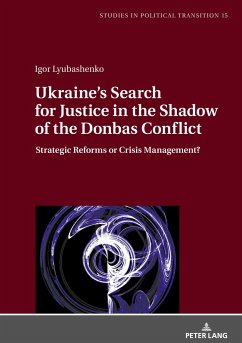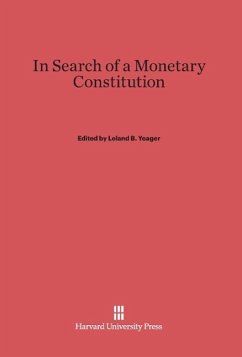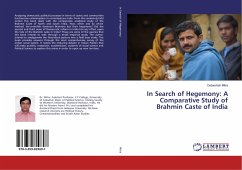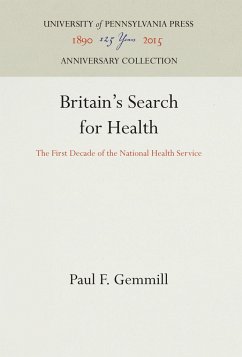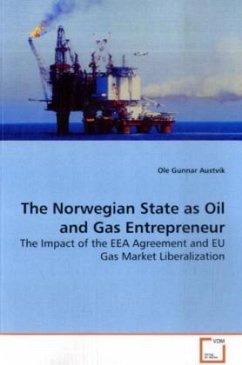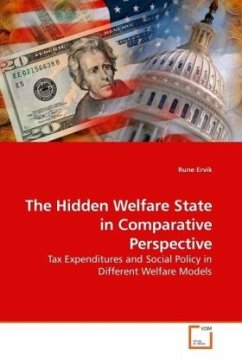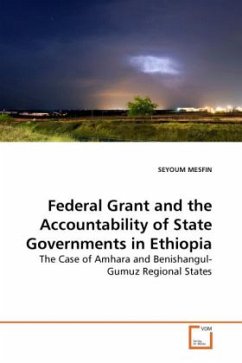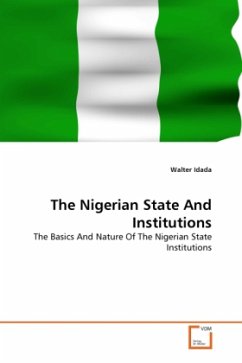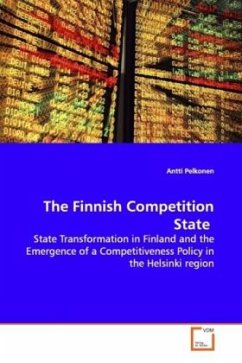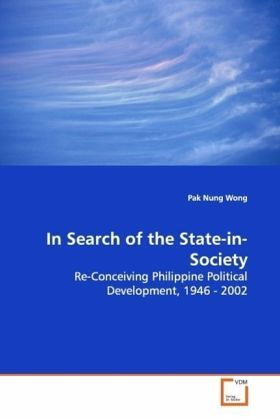
In Search of the State-in-Society
Re-Conceiving Philippine Political Development, 1946 - 2002
Versandkostenfrei!
Versandfertig in 6-10 Tagen
39,99 €
inkl. MwSt.

PAYBACK Punkte
20 °P sammeln!
This monograph investigates the politics of selected social forces in the post-independence Philippines since 1946. It answers three research questions: 1. Is the Philippines a weak state? 2. Why is it? 3. How exceptional is it? To answer the first and second question, an analysis of the politics of the Huk Rebellion and the Communist insurgencies is provided. As two contending social forces, their interactions with the Philippine state help to identify the ever-contesting nature of Philippine state-society relations. An analysis of the relationships between the Philippine Chinese and Philippi...
This monograph investigates the politics of selected
social forces in the post-independence Philippines
since 1946. It answers three research questions: 1.
Is the Philippines a weak state? 2. Why is it? 3.
How exceptional is it? To answer the first and
second question, an analysis of the politics of the
Huk Rebellion and the Communist insurgencies is
provided. As two contending social forces, their
interactions with the Philippine state help to
identify the ever-contesting nature of Philippine
state-society relations. An analysis of the
relationships between the Philippine Chinese and
Philippine state formation further reveals two
dominant patterns of state-society engagements in
the Philippines: oligarchy and cronyism, in which
private interests overshadow public common good.
These elements constitute a cultural specificity for
the weak Philippine state: the politics of
contestations. A comparison between the Philippine
state and the sub-Saharan African states is employed
to answer the third question. The comparison further
suggests that the politics of contestations is the
unique symbolic-moral order of the Philippines.
social forces in the post-independence Philippines
since 1946. It answers three research questions: 1.
Is the Philippines a weak state? 2. Why is it? 3.
How exceptional is it? To answer the first and
second question, an analysis of the politics of the
Huk Rebellion and the Communist insurgencies is
provided. As two contending social forces, their
interactions with the Philippine state help to
identify the ever-contesting nature of Philippine
state-society relations. An analysis of the
relationships between the Philippine Chinese and
Philippine state formation further reveals two
dominant patterns of state-society engagements in
the Philippines: oligarchy and cronyism, in which
private interests overshadow public common good.
These elements constitute a cultural specificity for
the weak Philippine state: the politics of
contestations. A comparison between the Philippine
state and the sub-Saharan African states is employed
to answer the third question. The comparison further
suggests that the politics of contestations is the
unique symbolic-moral order of the Philippines.



